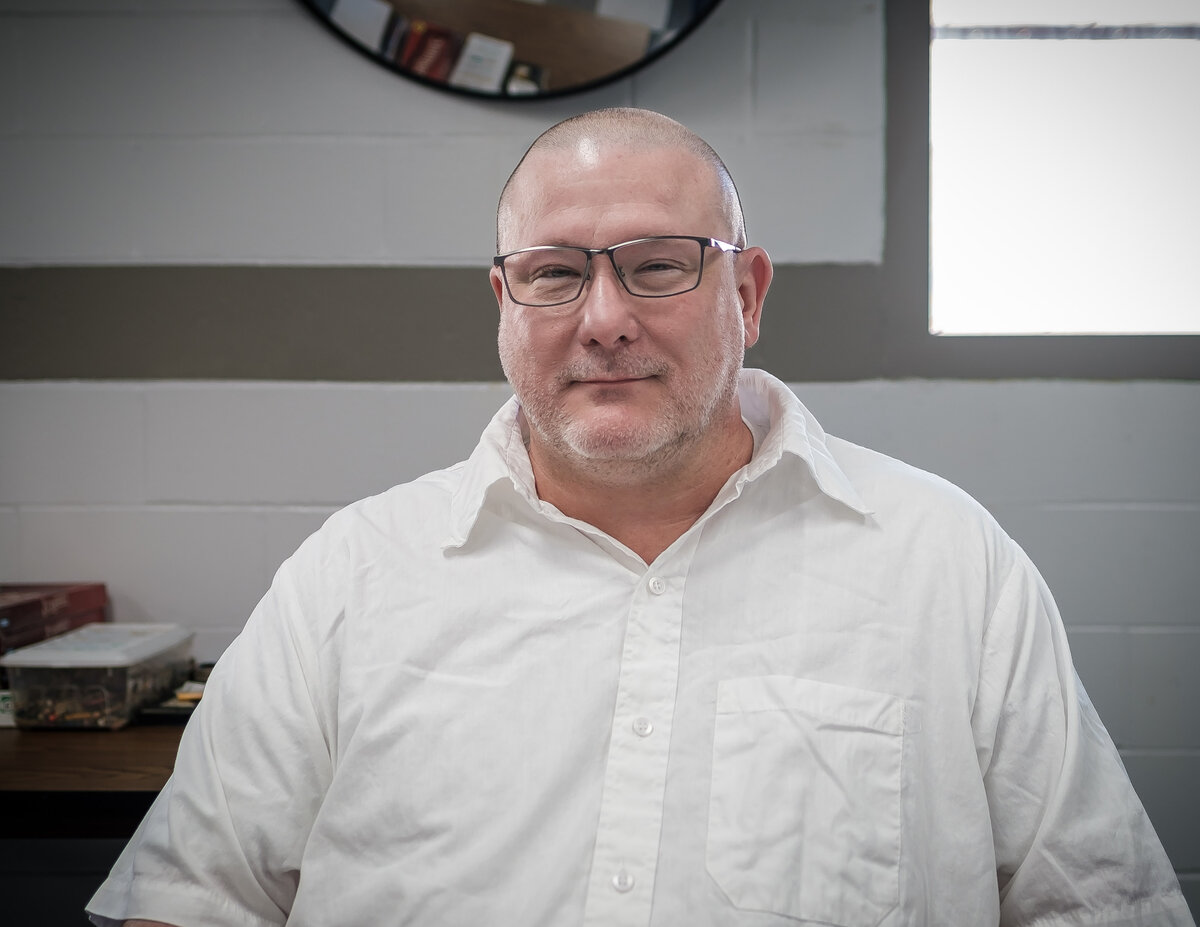After [Brian] Dorsey confessed to killing his cousins Sarah and Ben Bonnie with a shotgun in 2006, Missouri paid two lawyers $12,000 each to defend him. If they had worked 3,557 hours — the average time spent by defense lawyers in death penalty cases, according to a 2010 report commissioned by the federal courts — they would have each earned $3.37 per hour.
Dorsey is scheduled to be put to death on April 9, and a growing number of scholars, lawyers and activists are asking federal courts, along with Missouri Gov. Mike Parson, to stop the execution. They argue that regardless of how much these lawyers worked, the way they were paid created a perverse incentive: Work less to earn more per hour.
…
The lawyers who received $12,000 each, Scott McBride and Chris Slusher, declined to comment for this article. During a 2011 hearing over Dorsey’s appeal, they acknowledged they could have asked for more money for a fuller investigation but said that dwelling on his possible psychosis and other mitigating factors might have undercut their overall strategy: Accept blame, express remorse and seek mercy.
That strategy, they added at the hearing, was why they encouraged him to plead guilty in the first place. But this also happened to save them hundreds of hours of work. Dorsey’s current lawyer Megan Crane points out that they failed to use a tactic required by ethical standards: demand that prosecutors drop the death penalty in exchange for a guilty plea.
That headline sounds really weird until you read more. Basically his lawyers were paid one lump sum by the state, incentivizing spending as little time as possible on the case.
Yep, and that background is a very likely answer to the question, “How can somebody plead guilty and still get the death penalty?”
The man did terrible things, but appears to have reformed and would be spending the last couple of decades in jail anyway. There is no justice in putting him through the execution process which is regularly botched other than cruelty.
Yet another example of the systemic problems with our legal system. It is set up in ways the incentivize punishment and actively prevents rehabilitation.
The death penalty is in no way helpful to the justice system. Allowing it only gives the government permission to murder. I view it about the same as a gang murder when someone is getting even.
The man did terrible things
Maybe, but I’m not even convinced of that at this point. The police got a confession out of him for this and he pled guilty, but later on has said that he has no memory of actually committing the crime (It seems confirmed that he was a crack cocaine user at the time and it seems possible that he had a history of head injuries, which just makes all of this even murkier).
Although he claims a lack of memory of the crime, that was for a defense against the death penalty as a punishent which requires intent. He doesn’t deny that he did it.
I don’t understand why this guy murdering two people gets him the death penalty, but the US has tons of mass shootings, school shootings, serial killers, and other killers of multiple people.
What made this case so special?
He plead guilty and his public defenders didnt get paid shit, so the state AG can say that he is tough in crime.
God damn. What a messed up place.
Not every state has the death penalty and certain states love using it.
I don’t understand why this guy murdering two people gets him the death penalty
Missouri.
I think The Beatles have a song about that. One of their earlier ones. I am in Missouri!
I am in Missouri, there ain’t nobody who can comfort me…
- totally Bruno Mars
Passed tense. They already killed him.
Assuming they spent those hours. I feel they couldn’t have survived had they actually done that, and not spent that time on other cases.








